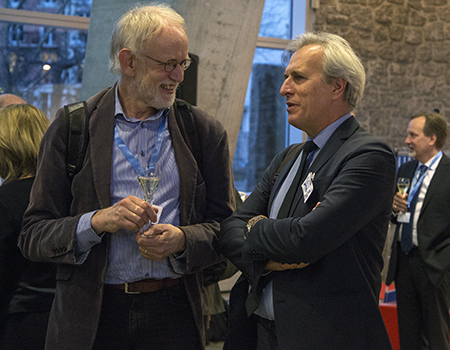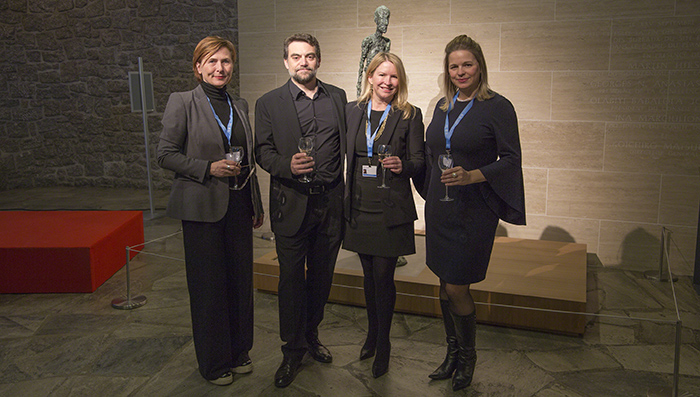Summary
On Tuesday, 13 March, IPCC Chair Hoesung Lee opened IPCC-47. Following his remarks, statements were made by:
- Audrey Azoulay, Director-General, UN Economic, Scientific and Cultural Organization (UNESCO), who emphasized UNESCO’s work on global citizenship in order to tackle problems that countries cannot solve individually, such as global environmental issues;
- Petteri Taalas, Secretary-General, World Meteorological Organization (WMO), who encouraged government representatives to foster relationships with atmospheric scientists and meteorologists;
- Anne Le More, Chief of Staff, UN Environment (UNEP), who praised the IPCC for its crucial role in delivering climate science to facilitate policy responses;
- Patricia Espinosa, Executive Secretary, UN Framework Convention on Climate Change (UNFCCC), who highlighted the IPCC’s future role in, inter alia, the adoption of an “operating manual” for the Paris Agreement, driving ambition by informing the 2018 Talanoa Dialogue, and aligning climate action with the Sustainable Development Goals (SDGs);
- Frédérique Vidal, French Minister of Higher Education, Research and Innovation, who highlighted the IPCC’s ability to universalize thinking on climate change by incorporating a diversity of countries, disciplines, gender and sciences; and
- Jean-Yves Le Drian, French Minister of Europe and Foreign Affairs, who announced an additional €1 million annual contribution to the IPCC.
IPCC-47 was then suspended until Wednesday morning. A 30th anniversary celebration of the IPCC, hosted by the French government, convened for the rest of the day and included various statements, panel discussions and video presentations.
The morning session discussed the origins and history of the IPCC, including:
- a historical review of climate science milestones since the 18th century; and
- the political, diplomatic and scientific context during and since the 1988 creation of the IPCC.
In the afternoon, panel discussions addressed, inter alia:
- decisions, tensions, failures, successes and dialogue between science and politics on environmental issues from 1988 to 2018;
- IPCC reports and how the IPCC’s message has become more refined over time;
- the impacts of the IPCC on climate science; and
- education and research.
Throughout the day, the eParticipatory Observers Project (ePop) presented videos filmed in New Caledonia and Fiji. The ePop network brings together young people from Pacific islands, and emphasizes citizen observation and exchange of information on climate and environmental changes that impact island populations in order to produce video reports. The videos can be viewed at https://epop.network/.
More detail about the opening of IPCC-47 and the 30th Anniversary Celebration will be included in the ENB Summary report, which will be published on Monday, 19 March 2018.
IISD Reporting Services, through its Earth Negotiations Bulletin (ENB) meeting coverage, has provided daily digital coverage and a summary and analysis report from IPCC-47. The PDF version is available here.
Photos by IISD/ENB
For photo reprint permissions, please follow instructions at our Attribution Regulations for Meeting Photo Usage page.
Opening Ceremony
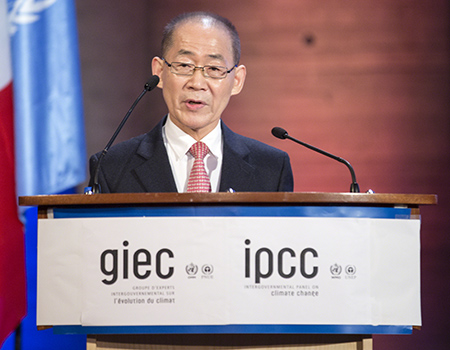
Hoesung Lee, IPCC Chair
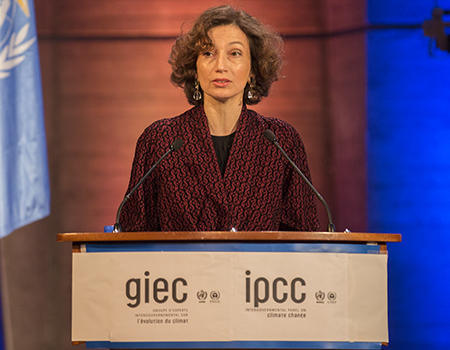
Audrey Azoulay, Director-General, UNESCO
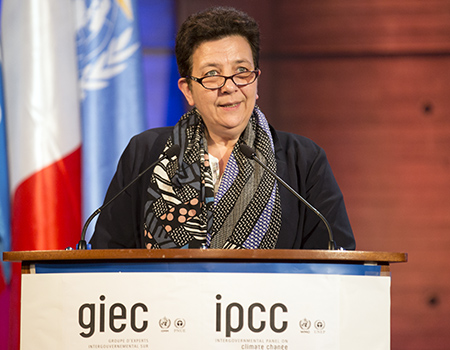
Frédérique Vidal, Minister of Higher Education, Research and Innovation, France

Petteri Taalas, Secretary-General, WMO
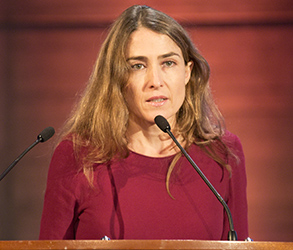
Anne Le More, Chief of Staff, UN Environment Programme (UNEP)

Patricia Espinosa, Executive Secretary, UNFCCC
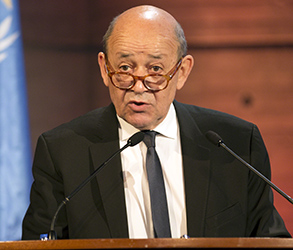
Jean-Yves Le Drian, Minister of Europe and Foreign Affairs, France
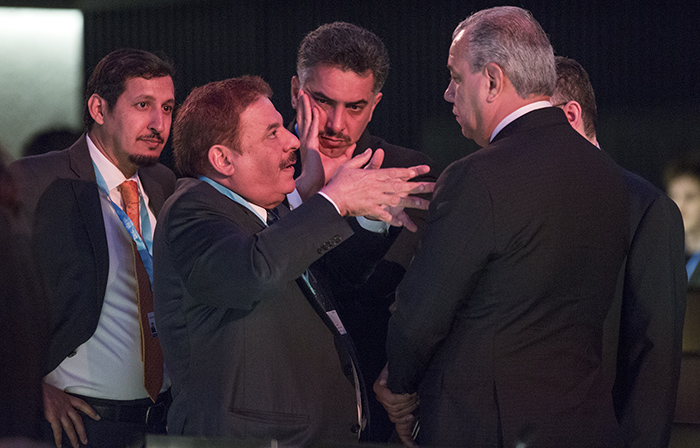
Taha Zatari, Saudi Arabia, speaking with members of his delegation
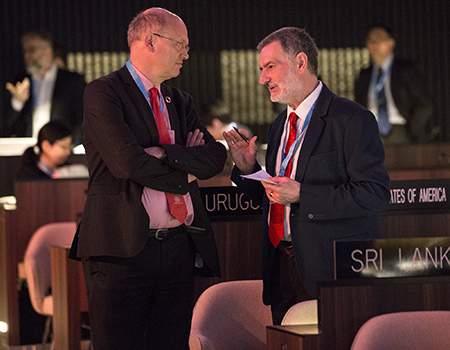
Jean-Pascal van Ypersele, Belgium, and José Romero, Switzerland

Working Group II Co-Chair Hans-Otto Pörtner, Germany, and Working Group II Vice-Chair Andreas Fischlin, Switzerland
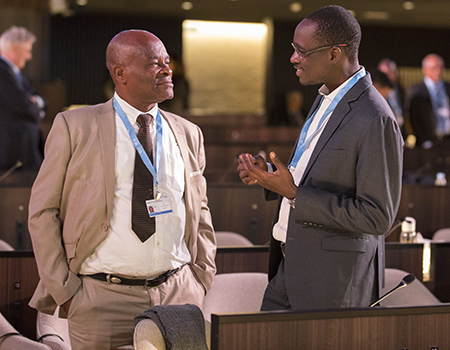
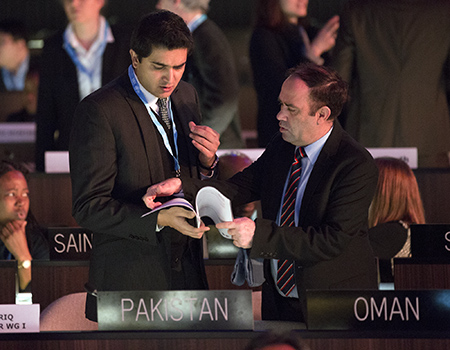
Celebration of 30 years of the IPCC
The origins: The main stages of climate knowledge
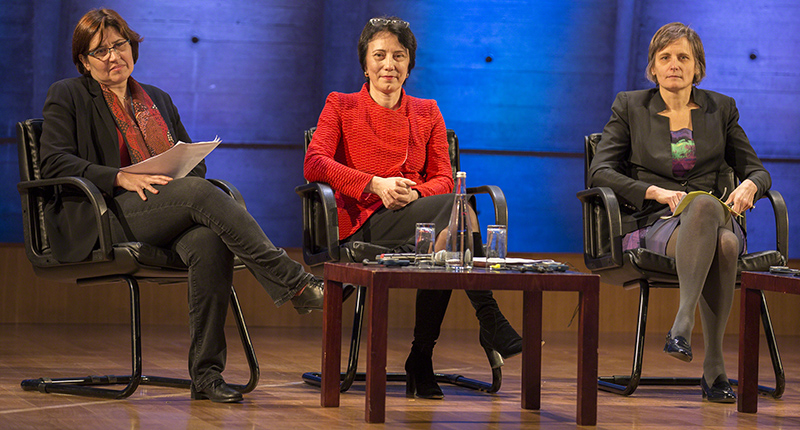
Valérie Masson-Delmotte, France; Elena Manaenkova, WMO; and Corinne Le Quéré, Canada

Spencer Weart, US
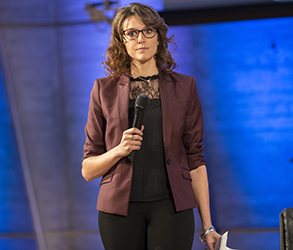
Fanny Agostini, Moderator
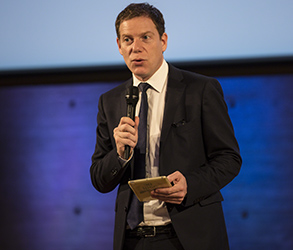
Raphaël Kahane, Moderator
The origins: The creation of the IPCC: which context in 1988?

From L-R: Amy Dahan, France; Michel Jarraud, France; Øyvind Christophersen, Norway; Sergey Semenov, Russian Federation; and Raphaël Kahane, Moderator

Øyvind Christophersen, Norway
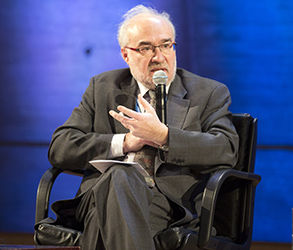
Michel Jarraud, France

Amy Dahan, France
The IPCC, thirty years of life: The dialogue between Science and Politics

From L-R: Laurence Tubiana, France; Thelma Krug, Brazil; Jim Skea, UK; Laurent Fabius, France; and Fanny Agostini, Moderator
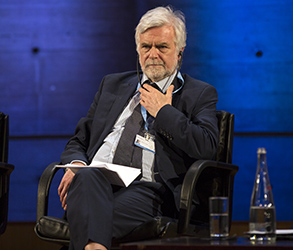
Jim Skea, UK
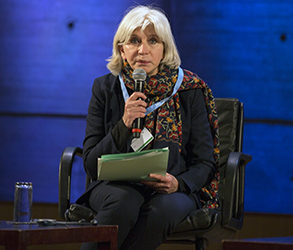
Laurence Tubiana, France
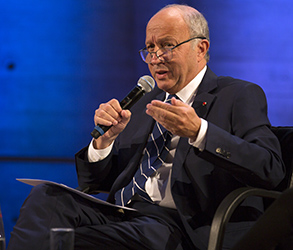
Laurent Fabius, France
The IPCC, thirty years of life: IPCC Reports, between continuity and rupture
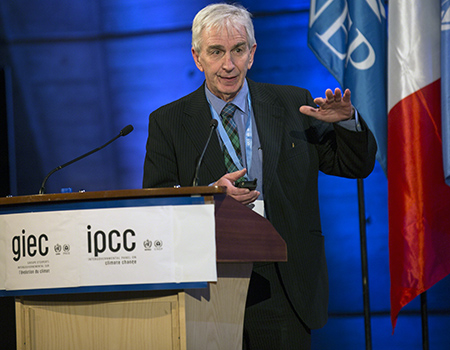
John Mitchell, Met Office, UK
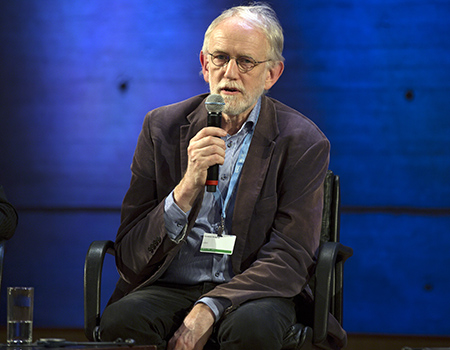
Wolfgang Cramer, Germany
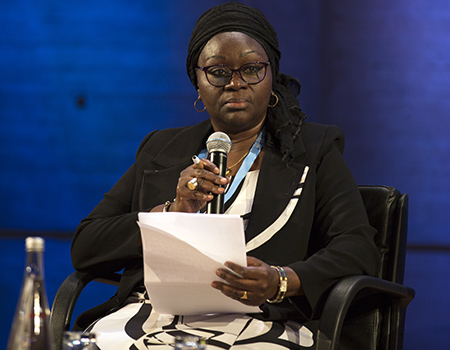
Mariane Diop-Kane, Senegal
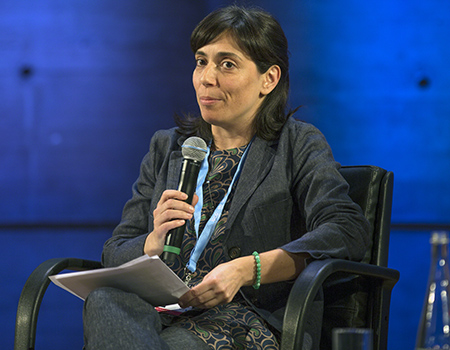
Anna Pirani, Italy
Preparing the future: Education and Research

From L-R: Pierre Léna, France; Johan Rockstöm, Sweden; Douglas Nakashima, UNESCO; Gaby Langendijk, the Netherlands; Véronique Yoboué, Ivory Coast; Fanny Agostini, presenter; and Raphaël Kahane, presenter

Pierre Léna, France, and Johan Rockstöm, Sweden

Gaby Langendijk, the Netherlands
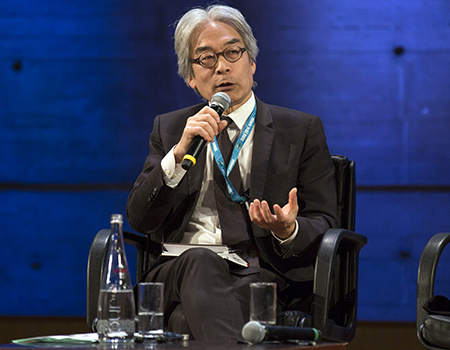
Douglas Nakashima, UNESCO
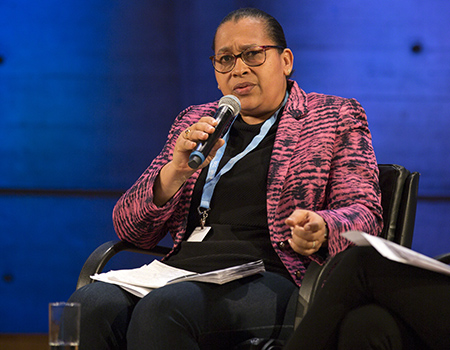
Véronique Yoboué, Ivory Coast
Closing Session
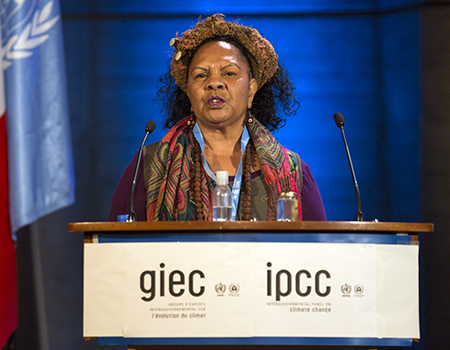
Anne Poelina, Charles Darwin University
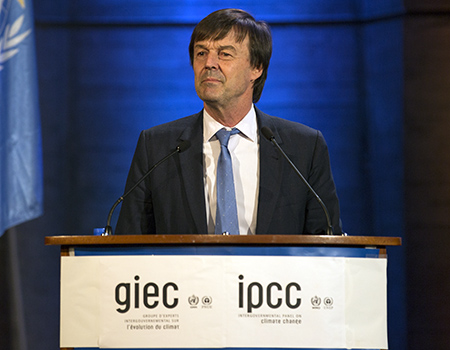
Nicolas Hulot, French Minister for the Ecological and Inclusive Transition
Reception hosted by the Government of France
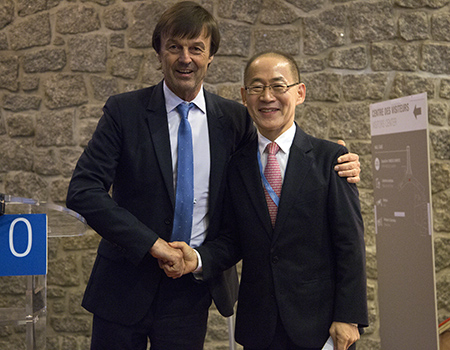
Nicolas Hulot, French Minister for the Ecological and Inclusive Transition, with Hoesung Lee, IPCC Chair
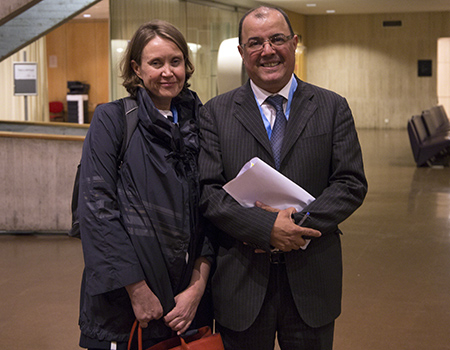
Kerstin Stendahl, IPCC Secretariat, and Elhousseine Gouaini, World Meteorological Organization (WMO)
